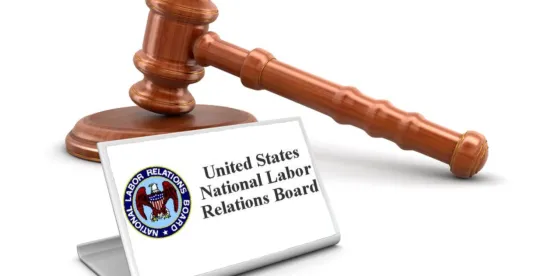On October 14, 2024, the National Labor Relations Board (“NLRB” or the “Board”) issued a press release confirming the continued increase in union organizing efforts. While the NLRB did not attribute any particular reason for the upward trajectory in petition filings, this trend, which has sharply risen over the last couple of years is likely due to a combination of a number of factors including more aggressive union organizing drives, the Cemex decision (discussed here and here) and the implementation of the quicker election rules (discussed here) that have made it far easier for unions to organize.
Representation petitions requesting that the NLRB conduct a secret-ballot election to determine whether the employees wish to be represented by a union increased by 27% increase from October 1, 2023 to September 30, 2024. The increase from 2,593 petitions in FY 2023 to 3,286 petitions in FY 2024 puts FY 2024 at more than double the number of petitions the NLRB received just three years ago, in FY 2021.
With the rise in petitions, also came a rise in unfair labor practice charge filings, which increased a bit more modestly, 7% from FY 2023 to FY 2024. NLRB General Counsel Jennifer Abruzzo credited the surge in cases to “workers knowing and exercising their rights under the National Labor Relations Act” and to “board agents’ accessibility and respectful engagement with them.” The release also noted an increase in the NLRB’s adjudication productivity which rose 5% from FY 2023 to FY 2024.
In addressing the NLRB’s financial situation, the release states that although the agency received a $25 million increase from Congress in FY 2023, in FY 2024 Congress flat-funded the Board at $299.2 million despite the need for more resources. GC Abruzzo made a plea to Congress to increase the agency’s funding: “Our committed and talented NLRB staff continue to process cases with professionalism and care, despite working with limited resources. I urge Congress to fully fund the NLRB so that employers, unions, and workers receive prompt and meaningful case resolutions.”





 />i
/>i
